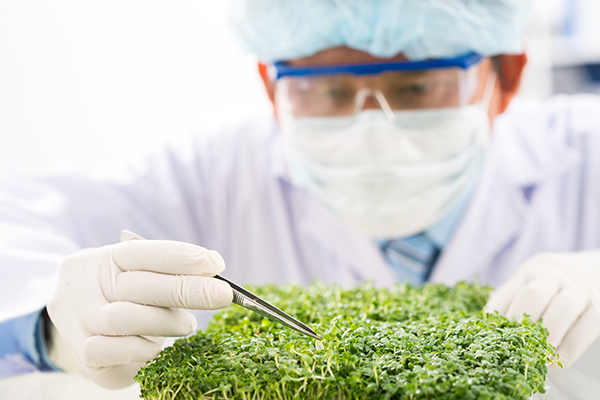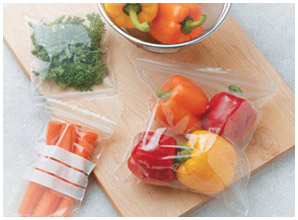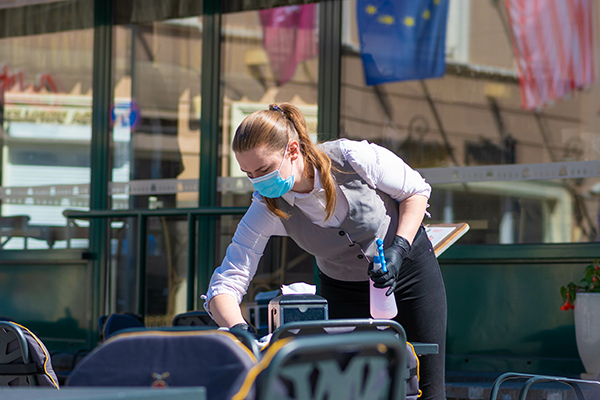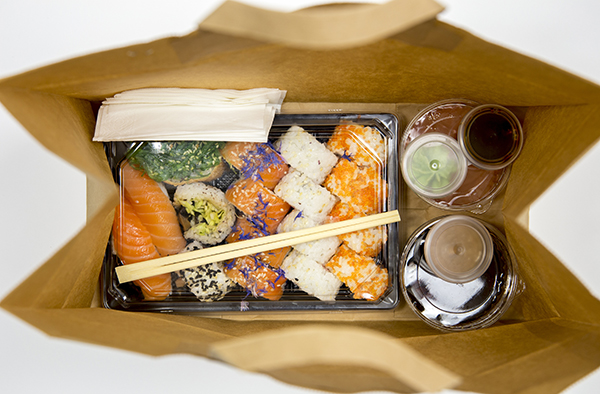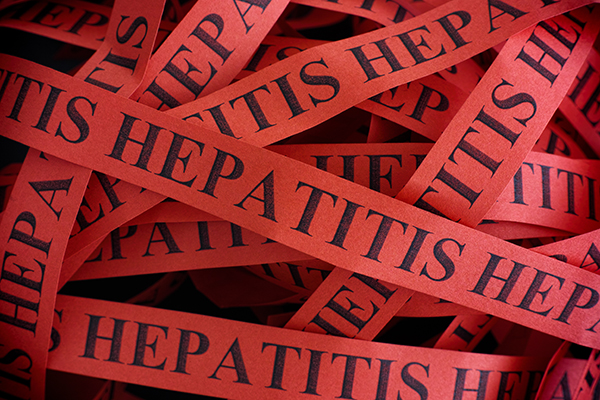Produce Safety: A Growing Concern
Fifteen to 20 years ago, if you would have asked a restaurant manager about food safety, she or he would have likely engaged you in a deep conversation about end-point cooking temperatures of meat and poultry products, limiting cross contamination, and the temperature danger zone. Missing from the conversation would have been much, if any, discussion about fresh produce safety. Then, we didn’t think anyone could get sick from lettuce or tomatoes. Then in 2006 – we had the BIG bagged lettuce national outbreak followed by outbreaks of listeria and salmonella from cantaloupes in 2011 and 2012. Now, we know better.


